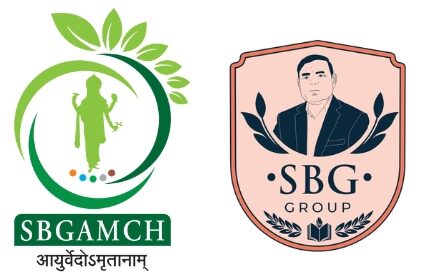Introduction
Hypoglycemia means low blood sugar. It can make you feel weak or dizzy. Ayurveda for hypoglycemia offers natural ways to help manage this condition. Ayurveda is an ancient Indian system of medicine. It uses herbs, diet, and lifestyle changes to support health. Many people look for natural hypoglycemia management. Ayurveda may help balance your body and keep your blood sugar steady.
Symptoms of Hypoglycemia
Recognizing symptoms early can help you act quickly. Common signs of low blood sugar include:
Sometimes, symptoms can appear suddenly. Therefore, it is important to know what to watch for.
Causes and Risk Factors
There are many reasons why blood sugar can drop. Some common causes and risk factors include:
In addition, people with diabetes are at higher risk. However, anyone can experience hypoglycemia.
Ayurvedic Perspective on Hypoglycemia
Ayurveda views health as a balance of three energies: Vata, Pitta, and Kapha. According to Ayurveda, hypoglycemia may happen when these energies are out of balance. Often, weak digestion or poor diet can play a role. Ayurveda in India for hypoglycemia focuses on restoring balance. This may involve herbs, diet changes, and lifestyle tips. For example, Ayurveda suggests eating regular meals and choosing foods that support steady energy.
Ayurvedic Remedies and Lifestyle Tips
Ayurvedic remedies for low blood sugar use natural methods. Here are some common approaches:
Besides these, gentle yoga and breathing exercises may help reduce stress. Stress can affect blood sugar, so relaxation is important.
Prevention and Daily Management
Preventing hypoglycemia is possible with simple steps. Here are some natural hypoglycemia management tips:
Furthermore, keeping a food diary can help you notice patterns. This makes it easier to manage your health each day.
When to Seek Medical Help
Sometimes, hypoglycemia can be serious. If you have symptoms that do not improve after eating, seek help right away. Also, if you faint, have seizures, or cannot wake up, call emergency services. According to the CDC, quick treatment is important for severe low blood sugar. Never ignore warning signs. Even with Ayurveda, medical care is sometimes needed.
Conclusion
Ayurveda for hypoglycemia offers natural ways to support your health. Simple changes in diet and lifestyle can help manage low blood sugar. However, everyone is different. Consult a qualified Ayurvedic practitioner or healthcare provider for personalized advice.


